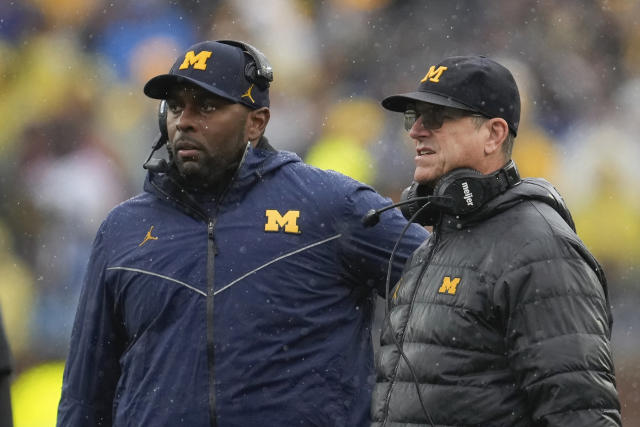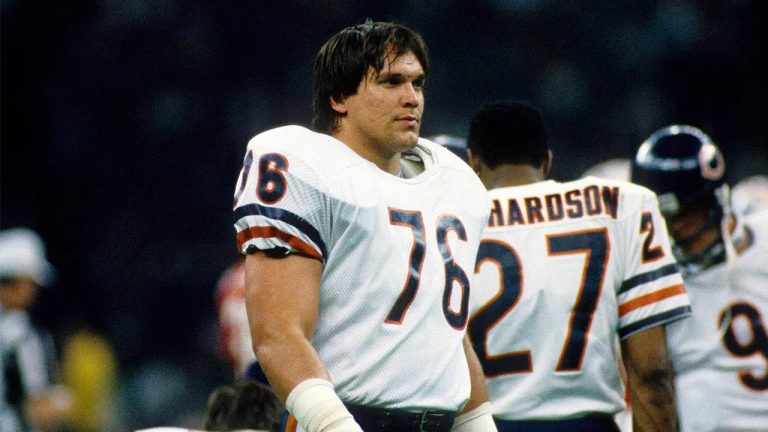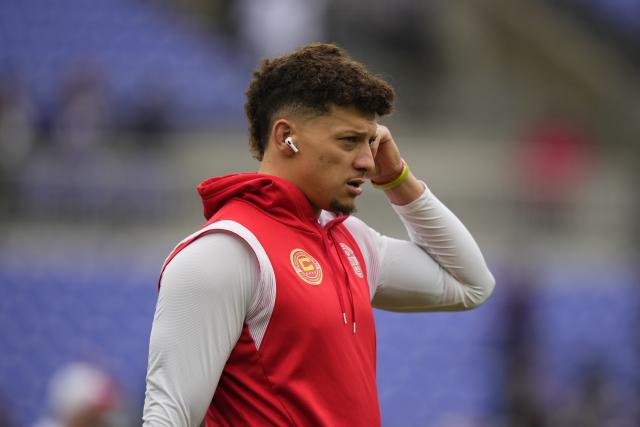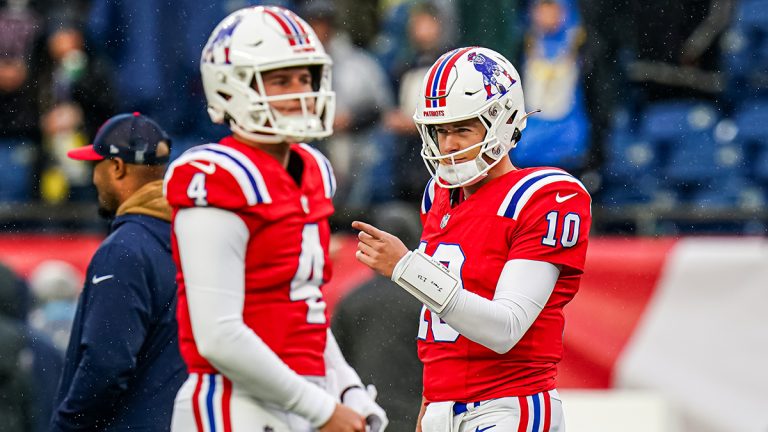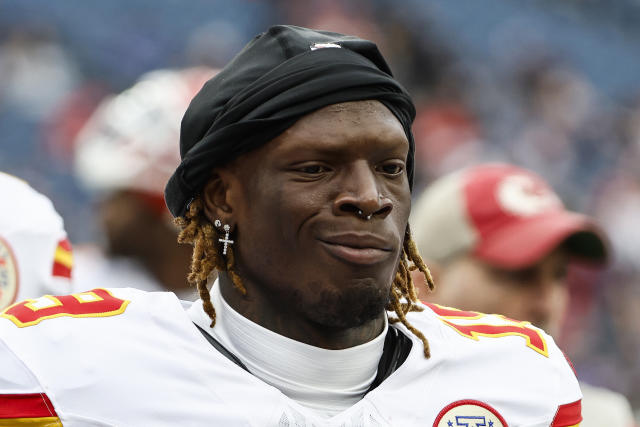Sherrone Moore will have an advantage over Jim Harbaugh when he takes over at Michigan
Jim Harbaugh is an exceptional individual who managed his Michigan program in a distinctive way, and it proved successful, resulting in a national championship.
Latest American Football League Scores & Updates
For Sherrone Moore, the 37-year-old offensive coordinator now taking over in Ann Arbor after Harbaugh’s move to the Los Angeles Chargers, the challenge is formidable. He cannot replicate Harbaugh’s approach. However, viewed optimistically, Harbaugh’s uniqueness also presents a source of hope and potential opportunities for Moore.
When replacing legendary coaches in college programs known for consistent competition and title victories, the primary question arises: If everything was nearly perfect under the previous coach, how can the new one surpass it?
At Michigan, there’s room for improvement, particularly in recruiting, as Harbaugh employed a unique approach. This presents a significant opportunity for Moore.
In general, when a team is consistently winning national championships, it indicates greatness in coaching, scheme, recruiting, player development, work ethic, and overall performance. Examples include Alabama under Nick Saban, USC under Pete Carroll, or Georgia’s consecutive titles under Kirby Smart.
Top-notch players and an effective system.
In such scenarios, the objective is to preserve as much as possible, leading schools to often consider talented assistants who are likely to maintain the status quo.
Ensuring continuity will undoubtedly be one of Moore’s responsibilities, and there is substantial potential in that aspect.
Michigan’s successful streak of three consecutive Big Ten titles and College Football Playoff appearances coincided with Moore’s promotion to oversee the offensive line in 2021. This unit subsequently earned recognition as the best in the country for two consecutive years, establishing a positive team mentality.
Players enthusiastically praised Moore for his coaching and mentorship qualities. In a program where the head coach is perceived as somewhat distant, having a connection with someone like Moore became highly valued.
Certainly, Moore will aim to leverage this foundation while preserving as many of Harbaugh’s methods as possible. Michigan’s distinctiveness provides a strategic advantage. However, expecting Moore to replicate Harbaugh entirely is a considerable challenge.
Harbaugh has demonstrated a unique ability to construct successful football teams, a skill that sets him apart from many other coaches.
While even renowned college coaches like Saban, Urban Meyer, and Steve Spurrier faced challenges transitioning to the NFL, where recruiting top-tier talent wasn’t as straightforward, Harbaugh excelled. He achieved a 44-19-1 record with San Francisco, leading the 49ers to three NFC championship games and a Super Bowl appearance. The Chargers specifically sought Harbaugh without considering other college coaches for the position.
While Moore may possess exceptional coaching abilities, it’s important to acknowledge that he may not be Harbaugh.
Michigan’s championship success deviated from the conventional path, where teams accumulate superior talent and then coach it to victory. Harbaugh managed to defeat teams with higher-rated recruits, exemplified by the Rose Bowl where Alabama had 18 five-star recruits compared to Michigan’s two. Despite the talent gap, the Wolverines emerged victorious.
Nevertheless, any coach would prefer to have a roster naturally blessed with more talent.
Excluding his initial recruiting class, which was ranked 50th nationally by Rivals.com, the eight subsequent groups signed by Harbaugh for Ann Arbor had an average ranking of 11.25 per Rivals. Only two of these groups, namely the 2016 and 2017 classes, managed to break into the top five. Harbaugh’s program excelled in talent scouting, particularly through portal additions. However, from a theoretical standpoint, this approach is more indicative of building a 10-2 team rather than a national champion.
For Moore, there is a pressing need to bring about changes in this regard, employing more aggressive recruiting strategies and embracing modernization in areas such as NIL (Name, Image, Likeness) while also considering adjustments to personal approaches.
To illustrate, Metro Detroit has produced five-star quarterbacks in the Class of 2023 (Dante Moore of Detroit King), Class of 2024 (C.J. Carr of Saline), and Class of 2025 (Bryce Underwood of Belleville).
None of them chose to sign with the prominent local football powerhouse, coincidentally led by the sole college coach with a 14-season NFL quarterback career. Instead, Dante Moore opted for UCLA and later transferred to Oregon, Carr is currently enrolled at Notre Dame, and Underwood, just a high school junior, has committed to LSU.
Typically, this situation would raise significant concerns for an elite program. While Michigan boasts numerous trophies and various ways to build a roster, consistently missing out on local quarterback talent is ill-advised.
For Sherrone Moore, this is an area where he could potentially outperform Harbaugh and compensate for any aspects of the job where he understandably falls short compared to one of the sport’s outstanding pure coaches. Michigan offers an exceptional environment for football—boasting the largest stadium, top-notch academics, rich tradition, and recent success.
This distinctive challenge arises when succeeding Harbaugh, a situation that differs from following someone like Saban, where everything was already considered best in class.
The opportunity for improvement is significant, and it’s crucial because coaching transitions often leave room for setbacks.
Sherrone Moore’s objective is to optimize the positive aspects while mitigating any potential setbacks.

